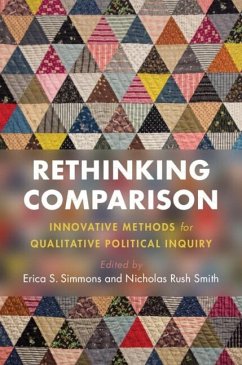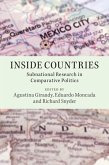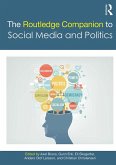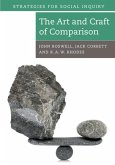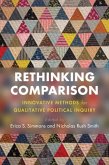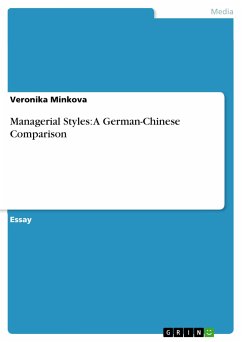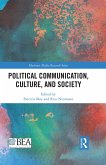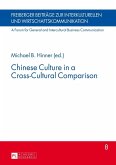Qualitative comparative methods - and specifically controlled qualitative comparisons - are central to the study of politics. They are not the only kind of comparison, though, that can help us better understand political processes and outcomes. Yet there are few guides for how to conduct non-controlled comparative research. This volume brings together chapters from more than a dozen leading methods scholars from across the discipline of political science, including positivist and interpretivist scholars, qualitative methodologists, mixed-methods researchers, ethnographers, historians, and statisticians. Their work revolutionizes qualitative research design by diversifying the repertoire of comparative methods available to students of politics, offering readers clear suggestions for what kinds of comparisons might be possible, why they are useful, and how to execute them. By systematically thinking through how we engage in qualitative comparisons and the kinds of insights those comparisons produce, these collected essays create new possibilities to advance what we know about politics.
Dieser Download kann aus rechtlichen Gründen nur mit Rechnungsadresse in A, B, BG, CY, CZ, D, DK, EW, E, FIN, F, GR, HR, H, IRL, I, LT, L, LR, M, NL, PL, P, R, S, SLO, SK ausgeliefert werden.

